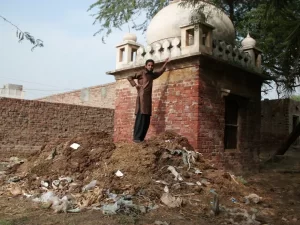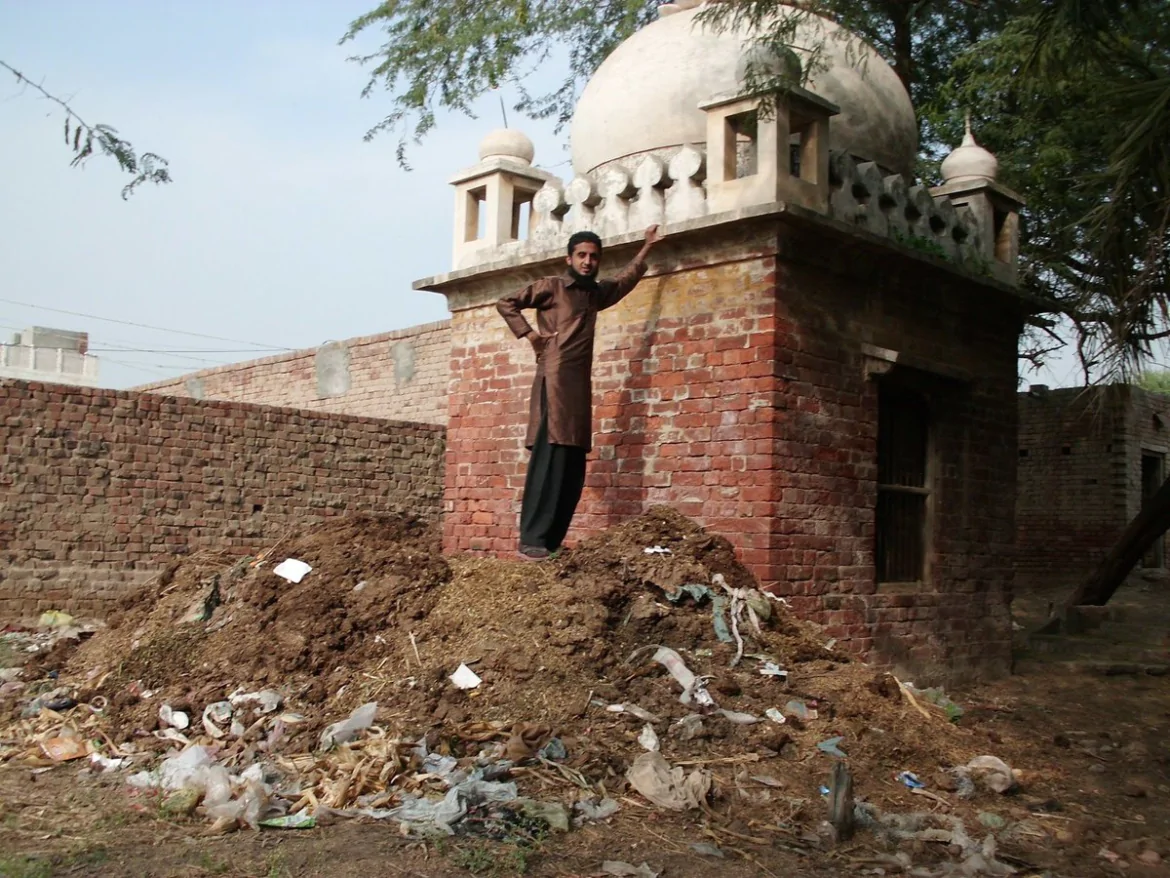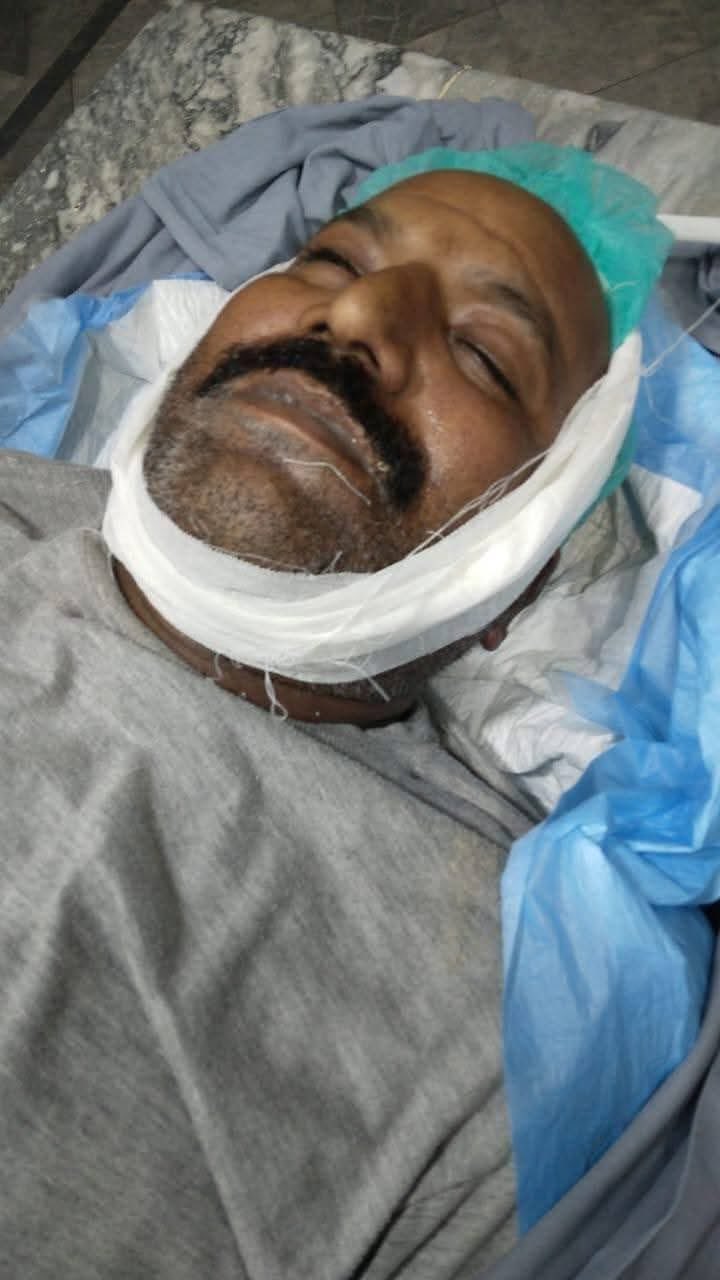In Faisalabad, formerly known as Lyallpur, Pakistan, a resilient Sikh community of approximately 200 members is engaged in an ongoing struggle to reclaim their historical place of worship, the Guru Singh Sabha Gurdwara. This battle came to a head in June 2024, when the Punjab government granted permission for the restoration of the Gurdwara, a decision promptly challenged by local opposition.

After 76 years of closure, the Sikh community’s attempt to reopen their Gurdwara was met with outright threats. Local residents vowed to demolish the place of worship if it was reopened, posing a direct challenge to the government’s authority and the rights of the Sikh community.
The Gurdwara’s saga is a journey through a tumultuous past. Following the partition of India and Pakistan in 1947, the Gurdwara was seized and repurposed into the Pakistan Model High School, thereby depriving the Sikh community of their spiritual home. Since 1948, this act of appropriation has remained a contentious issue, reflecting a broader pattern of religious intolerance and disregard for minority rights in Pakistan. Today, the Gurdwara stands in ruins, a poignant symbol of neglect and historical erasure.
The denial of the Sikh community’s right to worship in their historical Gurdwara transcends legal discourse – it is a profound violation of human rights. The local Muslim population’s opposition, coupled with the authorities’ indifference, highlights a troubling narrative of religious persecution. The question that looms large is, how can a nation continue to sanction such blatant discrimination?
The plight of the Sikh community in Faisalabad is a testament to the resilience and tenacity of minorities in the face of adversity. It is a call to action for all stakeholders – the government, civil society, and individuals – to stand up for religious freedom and minority rights. The story of the Guru Singh Sabha Gurdwara is a stark reminder that the path to religious tolerance is still a long journey ahead, but it is a journey that we must undertake together to build a just and inclusive society.
For more updates and detailed coverage of this case and other issues affecting the Hindu and Sindhi communities in Sindh, Pakistan, stay tuned to Sindh Renaissance.






